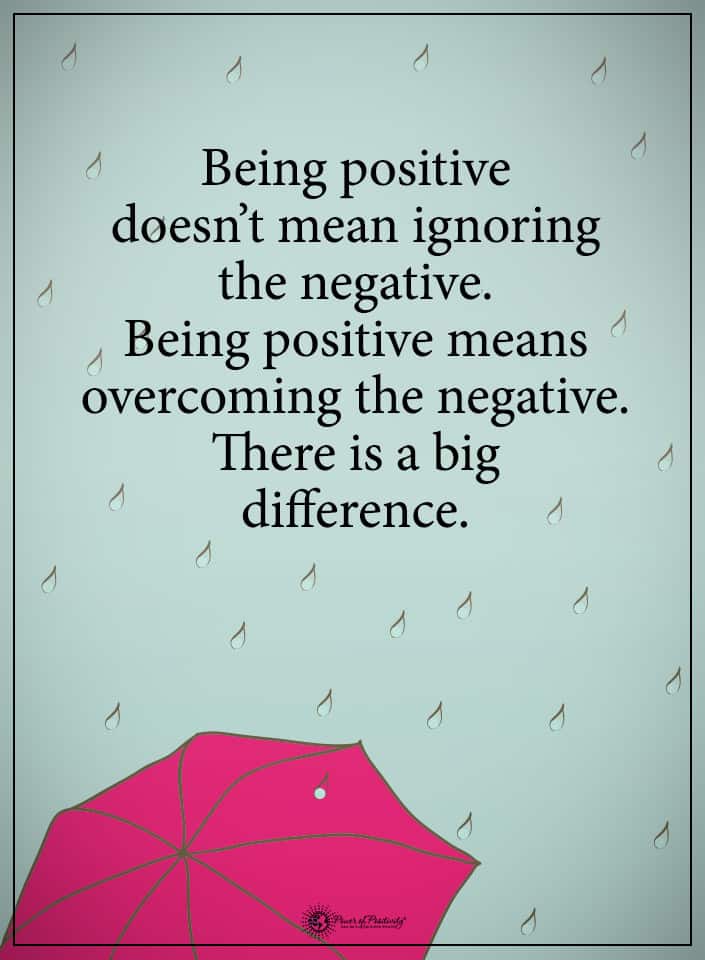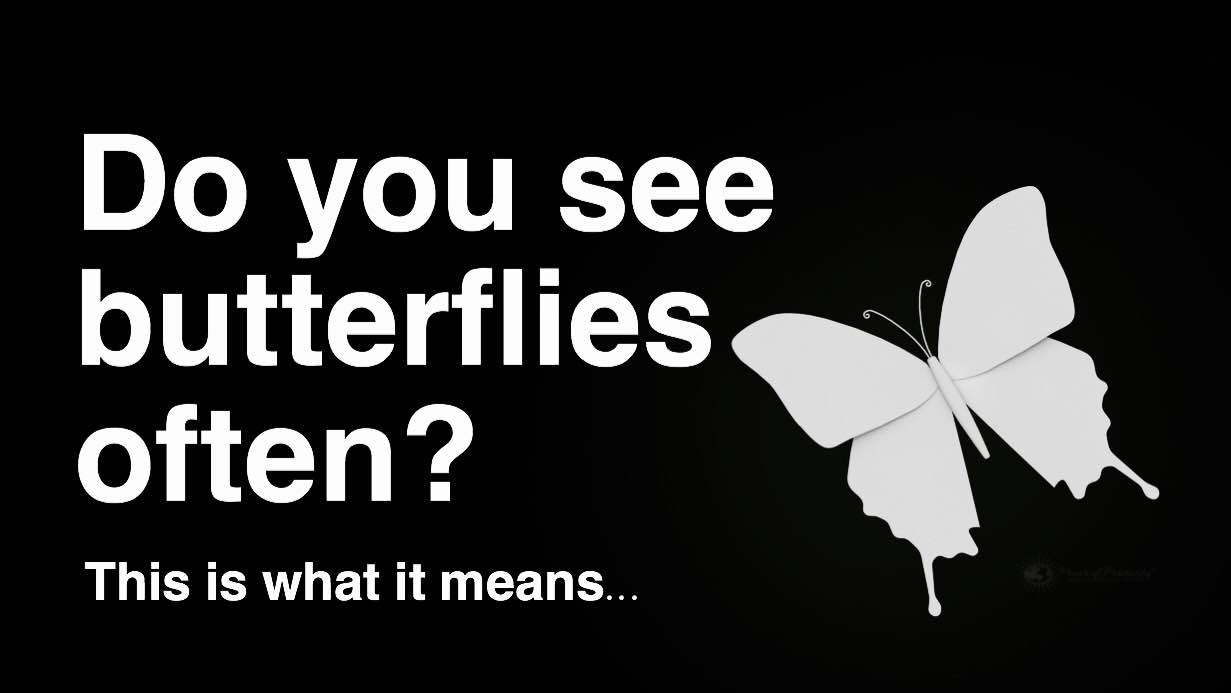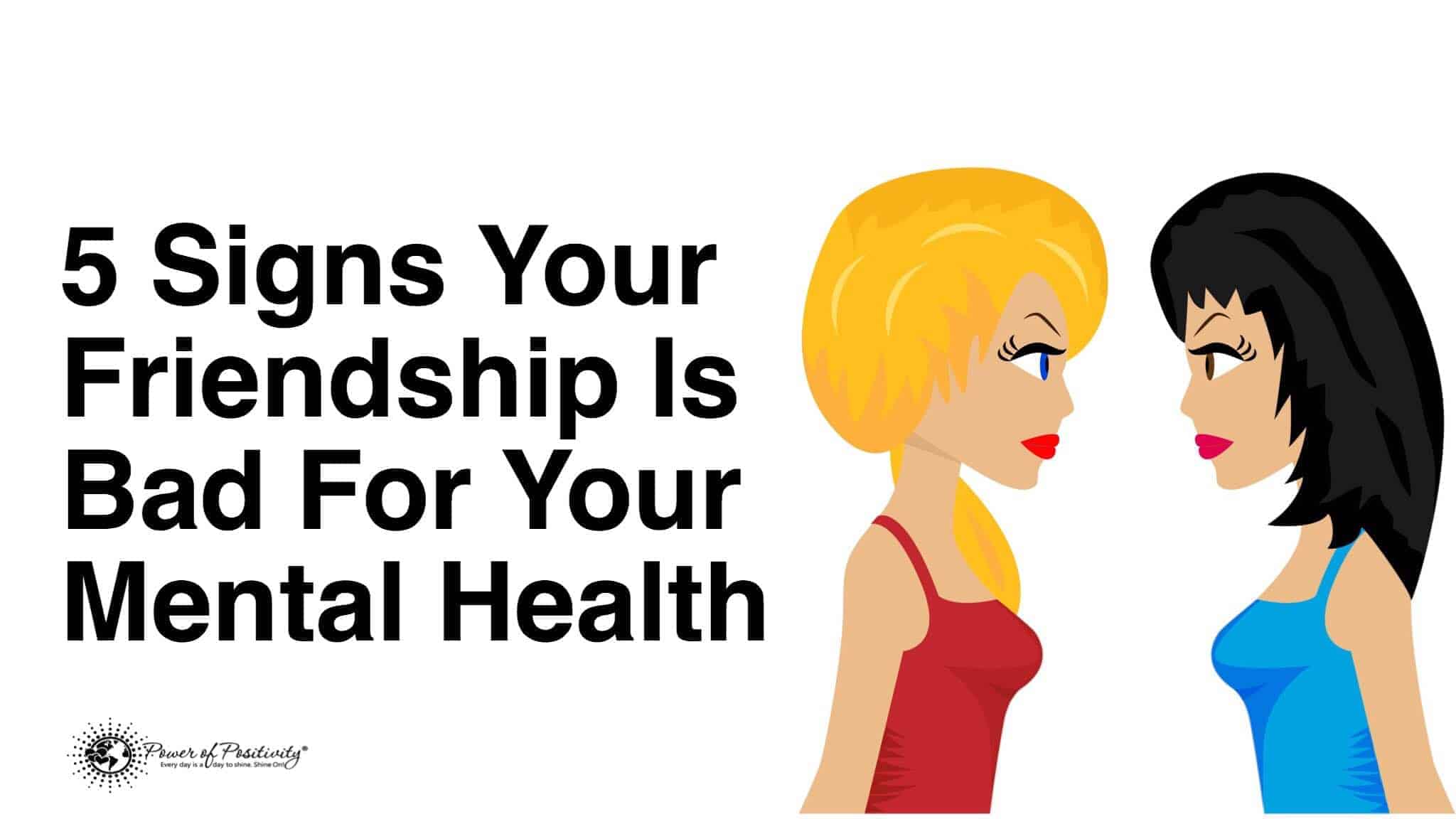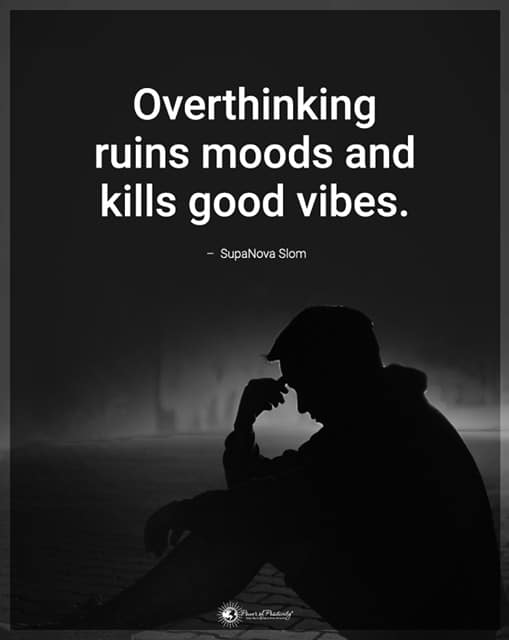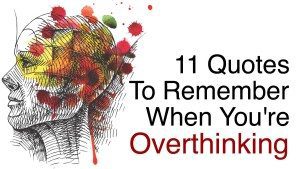Negative people need drama like oxygen. Stay positive. It will take their breath away. – MJ Korvan
Here’s a preliminary question for you:
How do you currently deal with negative people?
There is no right or wrong answer to this question. Instead, it’s intended to get us thinking about our reactive tendencies.
The truth is that negative people are difficult to handle. For some reason, such individuals have a default mentality that is primed to leave a negative energy or influence wherever they go. Beyond the initial anger that we experience when encountering such people, we’ll often feel a sense of unfairness – why do I need to be “stuck” in this kind of environment?
It’s not only okay to have initial feelings of anger towards a negative person – it’s natural. However, it is unhealthy when we allow these feelings to dictate our response during and after encounters with negative people. It is important to not allow someone to negatively influence us longer than necessary.
It is also important, no matter how difficult, to have a sense of compassion for such people. After all, we often don’t know what that person has been through. Some people who’ve experienced difficult circumstances have turned them into positives – but not all have. While it’s true that not every negative person has been plagued by adversity, many of them have.
We can all agree that it’s counterproductive to react harshly to negative people. We simply get caught up in a cycle of negativity and end up contributing to such an environment.
So, the question becomes:
How do you positively deal with negative people?
Well, turns out that it’s not too difficult if we’re willing to check our emotions and think things through. Responding to someone negative doesn’t require that we engage with them – in fact it is sometimes necessary to disengage without creating undue conflict.
Here are 9 positive comebacks to deal with negative people:
Related article: 5 Types of People To Keep In Your Life (And 5 To Avoid)
1. “I hope you feel better soon.”
This response actually catches negative people off-guard. Why? Because they’re probably used to people brushing them off or sneering at their behavior. Showing true, empathetic concern is sometimes enough to grab someone’s attention and change their perspective. They may walk away, silently (or verbally!) thanking you for showing care.
2. “Is there something the matter?”
This one’s kind of tricky, because it’s possible that the person will drag you into a counterproductive conversation. If this happens, politely verbalize your refusal to engage in such conversation and simply walk away. However, it’s also possible that the negative person is carrying around a burden and needs an attentive ear. Think about this: we’ve all been this negative person at some point. It’s likely that someone stopping to ask us this question may have helped us somewhere along the way.
3. “Don’t allow yourself to dwell too much.”
If we’re privy to someone’s situation, we may be in a good position to pass along this little tidbit. One of two things will happen: (1) they’ll blow off the suggestion, or (2) they’ll catch themselves dwelling and change course. Either way, we’ve given them something to think about. Saying this with a smile improves the likelihood of a positive response.
4. “You’re loved and cared for.”
Over the top a bit? Well, not really. How many times have we been in a situation when we think we’re all alone to fend for ourselves? Exactly. Saying this simple phrase has a way of reminding us or someone else that they’re not alone in their struggles – no matter what they may be.
5. “You can’t and won’t affect my mindset.”
Sometimes it’s necessary for us to put our foot down. When someone negative is infringing upon our right to have a positive outlook, we’re within our rights to set the record straight. Stand up for yourself, be strong and don’t allow someone to take your right to live a positive life for granted.
6. “If you could, would you spread your feelings around?”
This is a response that requires our best judgement. Would you say this to some stranger who scornfully admonishes the waiter? Probably not. Would you say this to a co-worker who is adamant in expressing their displeasure about the boss? Maybe, maybe not. What this question does is put someone off guard and make them think, which is sometimes necessary when responding to a negative person.
7. “People see your negativity and it brings them down.”
Once again, there are times when it’s necessary to be politely direct with a negative person. This statement is effective only when it’s presented in a constructive manner. An already-negative person will quickly go on the defensive if they sense an attempt at confrontation – so be polite, smile and be constructive!
8. “Think of something that makes you happy.”
Corny? Perhaps…but it could work. Again, it is all about how this response is presented. Depending on the person, it may require some elaboration outside of a general statement such as this. If it’s someone close and this is said with true empathy, they’re more likely to heed such advice.
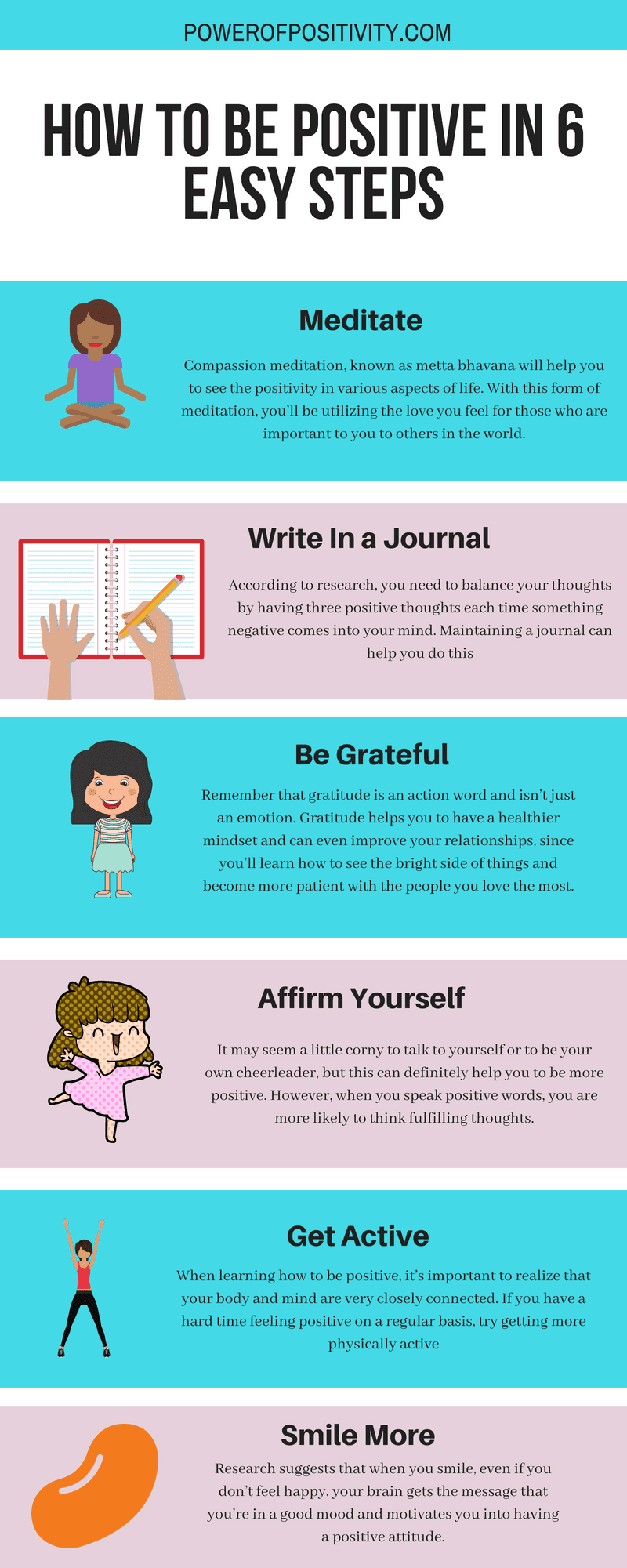 9. “Smiling has a way of changing our mood!”
9. “Smiling has a way of changing our mood!”
Say this to someone who is having a bad time and they will almost assuredly crack a smile. Again, this may sound corny, but if it’s said under the right conditions this may just help change not only someone’s day, it may just help change their life. Smiling is an aphrodisiac to the blues, even if it’s somewhat forced. Getting into the habit of smiling despite of our circumstances is definitely worthwhile.

